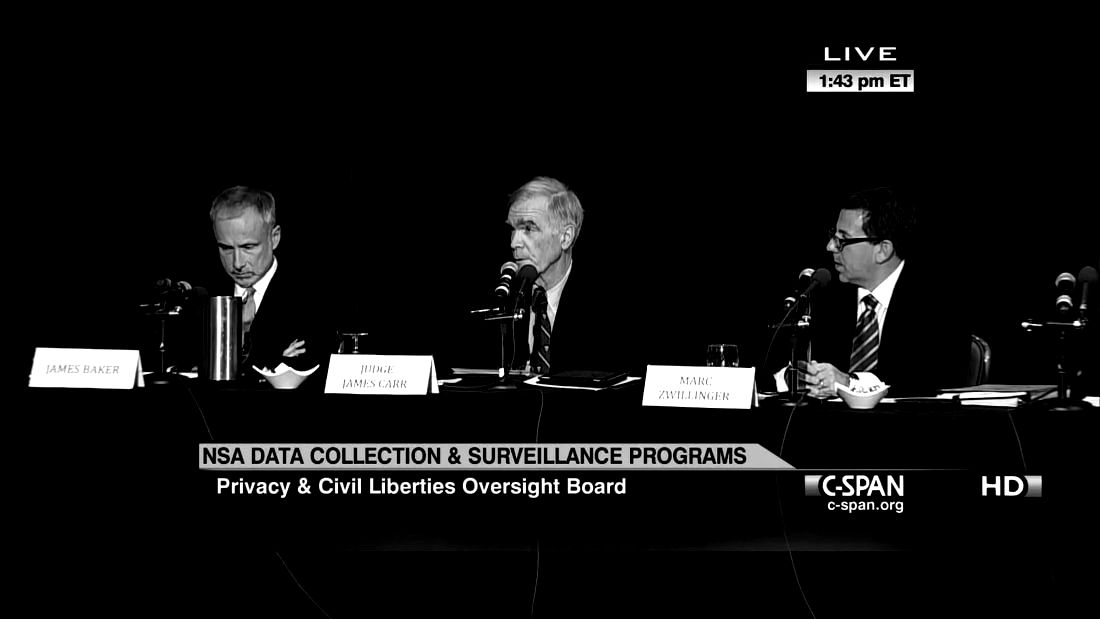|
Congress relies on the Privacy and Civil Liberties Oversight Board (known by the inelegant acronym, PCLOB), an independent, bipartisan agency that conducts oversight of U.S. intelligence, to ensure that federal efforts to deter threats to the United States are balanced with Americans’ constitutional rights. Six years ago, PCLOB set out to examine the implications of Executive Order 12333 on privacy and civil liberties. They finally released their report on the afternoon of Good Friday, 2021. Perhaps they judged that a good time to avoid getting any attention whatsoever. EO 12333 was an executive order issued by President Reagan in 1981 to organize the government’s collection, analysis, and use of foreign intelligence and counterintelligence. This intelligence comes from human sources, by interception of communications, by cameras and other sensors on satellites and aerial systems, and through relationships with intelligence services of other government. Sen. Richard Burr, former chair of the Senate Intelligence Committee, alarmed the civil liberties community when he said 12333 allows the executive branch to do whatever it wants, without “guardrails” or statutory authority for mass surveillance. PPSA and many other civil liberties organizations were eagerly waiting for the completion of this study to see if any powers from this non-statutory order were being used to replace the legal authorities from Section 215 of the Patriot Act, which expired a year ago. After six years of asking questions and rummaging through classified material – in the words of the board, “deep dive reviews” of classified information – PCLOB has produced … a high school term paper. As term papers go, it is well organized and thorough in its description of how 12333 organizes intelligence. It has sections on “History” and “Contents of EO 12333.” It does offer a gentle recommendation that the agencies should accelerate their reviews of policies and constitutional requirements in light of the pace of technological change. One can almost sense their racing hearts as they dared to put themselves right on the line with that one. Other than that, there is no mention of how 12333 might be filling in for Section 215 or much of anything else. It tells us it examined NSA XKEYSCORE on global internet surveillance, but doesn’t offer any useful insights into this program. There are no criticisms of any substance, no revelations or serious recommendations. What you do get is a source on 12333 that reads like Wikipedia. PCLOB also helpfully assures us that at every turn, the intelligence agencies have procedures for the collection and use of information concerning U.S. persons in accordance with guidelines approved by the Attorney General. That’s it. That’s what six years of investigation by PCLOB gets you. Perhaps for its next assignment, PCLOB might spend the next six years producing a graphic on “How a Bill Is Made.” Congress should quit pretending that it can rely on PCLOB, whose chairman and four part-time board members must be confirmed by the Senate. PCLOB has not even bothered to pretend it is about oversight. PPSA urges you to contact your House representative and senators and demand they conduct hearings into the dependability of PCLOB, as well as to ask about the legal authorities under which the government is now conducting surveillance. Comments are closed.
|
Categories
All
|


 RSS Feed
RSS Feed